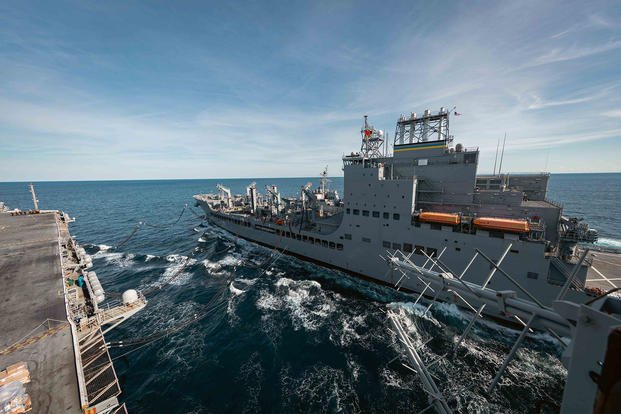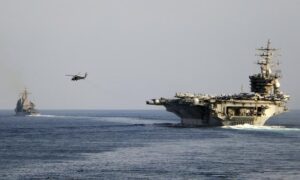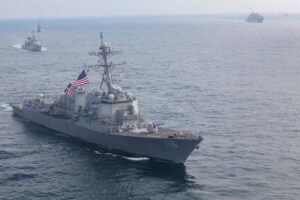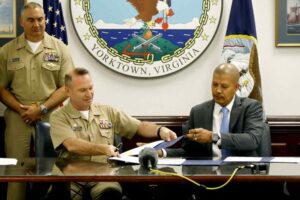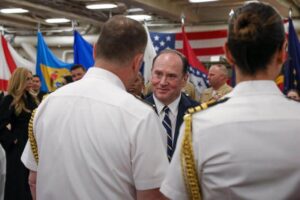The U.S. Navy’s decision to rename a supply ship has sparked intense debate, highlighting the complexities of historical recognition and the politics of military honors. Defense Secretary Pete Hegseth announced that the USNS Harvey Milk will be renamed after Chief Watertender Oscar V. Peterson, a World War II hero who earned the Medal of Honor.
In a video message, Hegseth justified the renaming as a move to “reestablish the warrior culture,” aligning with the objectives of President Donald Trump and Navy Secretary John Phelan. Peterson’s heroism was exemplified during the Battle of the Coral Sea when he sacrificed his life aboard the USS Neosho amid a Japanese attack.
This decision, reported by Military.com, has stirred controversy, particularly as it coincides with Pride Month. The USNS Harvey Milk was initially named in 2016 after the first openly gay politician in California, a choice seen by some, including Pentagon spokesman Sean Parnell, as “ideologically motivated.”
Despite Hegseth’s assertion that the renaming is apolitical, the history of ship naming is entwined with political considerations. As detailed in a Congressional Research Service report, political figures have often influenced ship names to honor individuals or states. Historical precedents include ships named after figures with controversial legacies, such as the USS John C. Stennis and USS Carl Vinson, both named after politicians with segregationist pasts.
While other ships have faced scrutiny without name changes, the Pentagon insists that no additional renamings of the John Lewis-class ships are planned. The USNS Harvey Milk, amidst maintenance in Alabama, will officially bear its new name within six months, as the Navy navigates the turbulent waters of historical commemoration and contemporary values.

